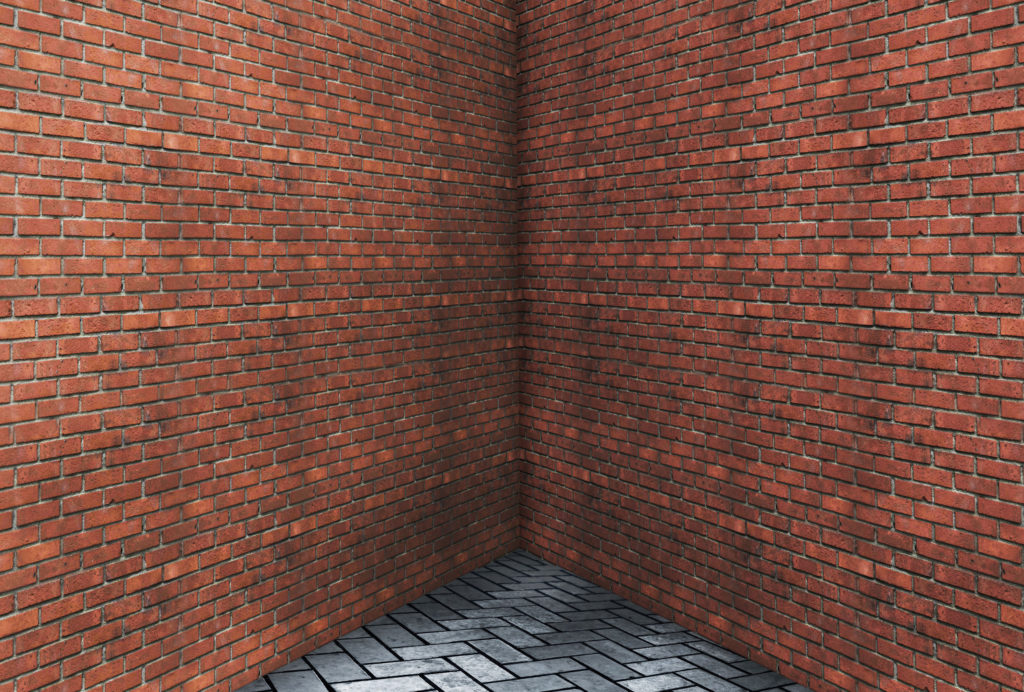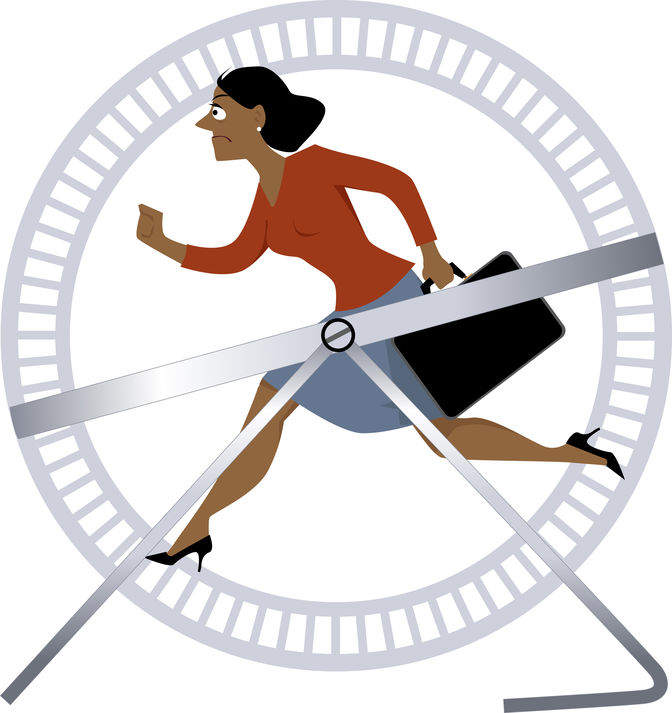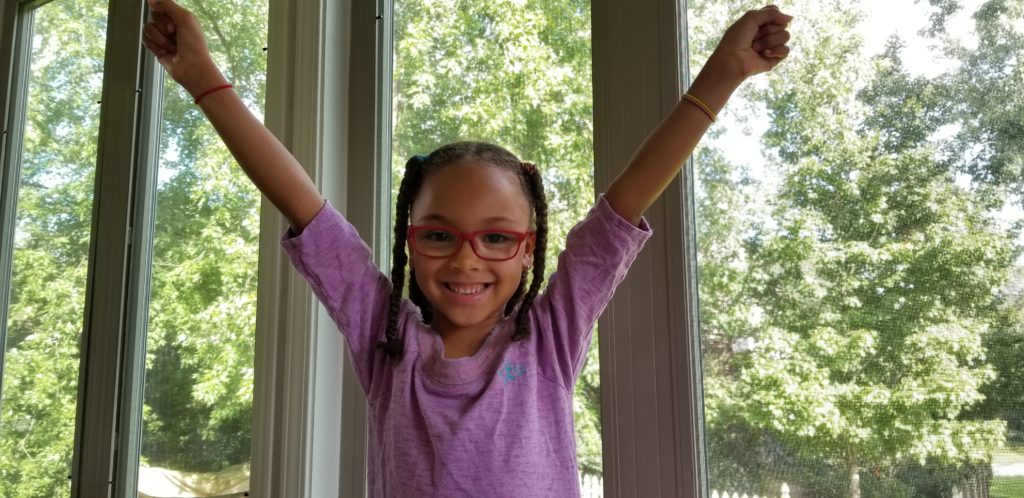I’ve been very frustrated lately. Every time I looked at my attitude, I was irritated, annoyed, and short-tempered. It was to the point that I had to take a step back to examine what was going on in my mind. Why was I choosing to feel frustrated?
What do I mean choosing? Here’s the thing: All feelings come from the thoughts we have. The thoughts we have can be conscious or unconscious, which means our feelings come from those conscious or unconscious thoughts. Now, estimates are that we have 40,000-60,000 thoughts a day, most of them unconscious. As much as I make it a practice to manage my thoughts, I’m still not getting all 60,000. So when I notice a thought or feeling pattern produced by my mind, I pay attention.

Yeeessss?
Why would I be choosing frustration? Well, the easy answer is that I’m feeling the pressure of working as a physician during a pandemic, or that I’m concerned about the way our homeschool group is handling safety measures surrounding COVID, or that I’m worn down by all the emotions I feel around the many stories of racial inequity and police brutality against Black people that we keep seeing again and again. To some extent, that explanation is true.
But even if all those issues are weighing on me, that still doesn’t explain why I’m choosing to be frustrated. What it means to be chronically frustrated is that I’m not deciding to deliberately think thoughts that produce an emotion other than frustrated. Let me give you an example. One thought I’ve been thinking about the anti-mask movement is that “It doesn’t make any sense. Don’t people have any sense of community? They should just wear the mask!” The first problem with these thoughts is that I’m arguing with reality. Byron Katie said that you can argue with reality, but you will lose 100% of the time. There’s no upside to this thinking – it won’t change the truth that some people just aren’t going to wear the masks, no matter what logic or science or social responsibility argument is offered to them. My thinking it shouldn’t be this way is a quick trip to nowhere. When I look at some of my thoughts about the other things happening in my life, they end up in a similar dead-end place.

So if there’s no upside to my thoughts and I’m ending up in frustration, and I’m thinking these thoughts over and over again, then I’m choosing to be there. There’s a deeper reason why I’m doing this to myself. When I really get down to it, I’m staying in frustration because I think that being frustrated helps me in some way. My mind says that if I’m frustrated, I’ll work to change things so I don’t have to stay frustrated. Maybe I’ll make a Facebook post or write a blog or make a YouTube video that convinces the world to wear their masks, which causes all racism to vanish, which erases the pandemic from our world. Right – not likely. So I’ve committed myself to misery in frustration without a way to improve any of these situations because I’ve convinced myself that if I’m not frustrated I won’t be motivated to do anything to improve them. The reality is that frustration doesn’t generally produce action. Frustration produces inaction – most times that feeling causes one to do nothing at all other than spin around in the mind with more frustrating thoughts.

So if frustrated is not useful and it’s not actually motivating me to improve our situation AND I’m miserable feeling this way, then what do I do? I need to choose and practice thinking other thoughts. Picking a thought to think is fine, but it won’t become a substitute for the original thought until I practice it over and over. I can think thoughts like, “I choose to wear a mask and protect myself and others”, and “Grown people get to choose how they want to live”, and “I can choose to protect my children however I think is best”, or even “We’ve stayed healthy for six months of this pandemic – what we are doing is working and we will continue”. Those thoughts are more empowering. When I feel empowered, I’m more likely to take action – to write the post, to send the email, to love the people who need me. When I’m frustrated I eat chips and snap at my kids. How does that help anyone?

Put some on a napkin!
You know, I didn’t realize at first that I believed frustration had a purpose in my mind, that I thought it was a motivator for change. I thought it was equivalent to the feelings of “motivated” or “resolved” or “committed”. I can feel the frustration when it comes up and I know it can’t hurt me. But in the end, it’s not a place I choose to stay because I won’t get where I want to go from frustration. I’m choosing to take frustration as a sign that I’m allowing myself to get distracted, that I’m being waylaid from my goal. Then I practice the thoughts that help me feel resolved and motivated and committed. That kind of thinking – well, that’s what moves us forward!

Have you been aware of the thoughts that are creating your feelings? How are you managing? There’s a lot of great work you can do on your own, but if you’d like help, that’s what a coach is for! Write to me in the comments with questions – I’m here to help!
And for those of you who’ve been looking for it, here’s the 4th class in Weight Loss: Going Deeper – What Should I Eat? This week we’re talking about fat and how you can use it to lose weight. Join me!

Comments2
Thank you for this. The frustration of this year was starting to catch up to me and this was exactly what I needed to hear. I was constantly in a state of frustration this week and didn’t realize it.
I’m so glad it helped! Managing the mind is a powerful practice…